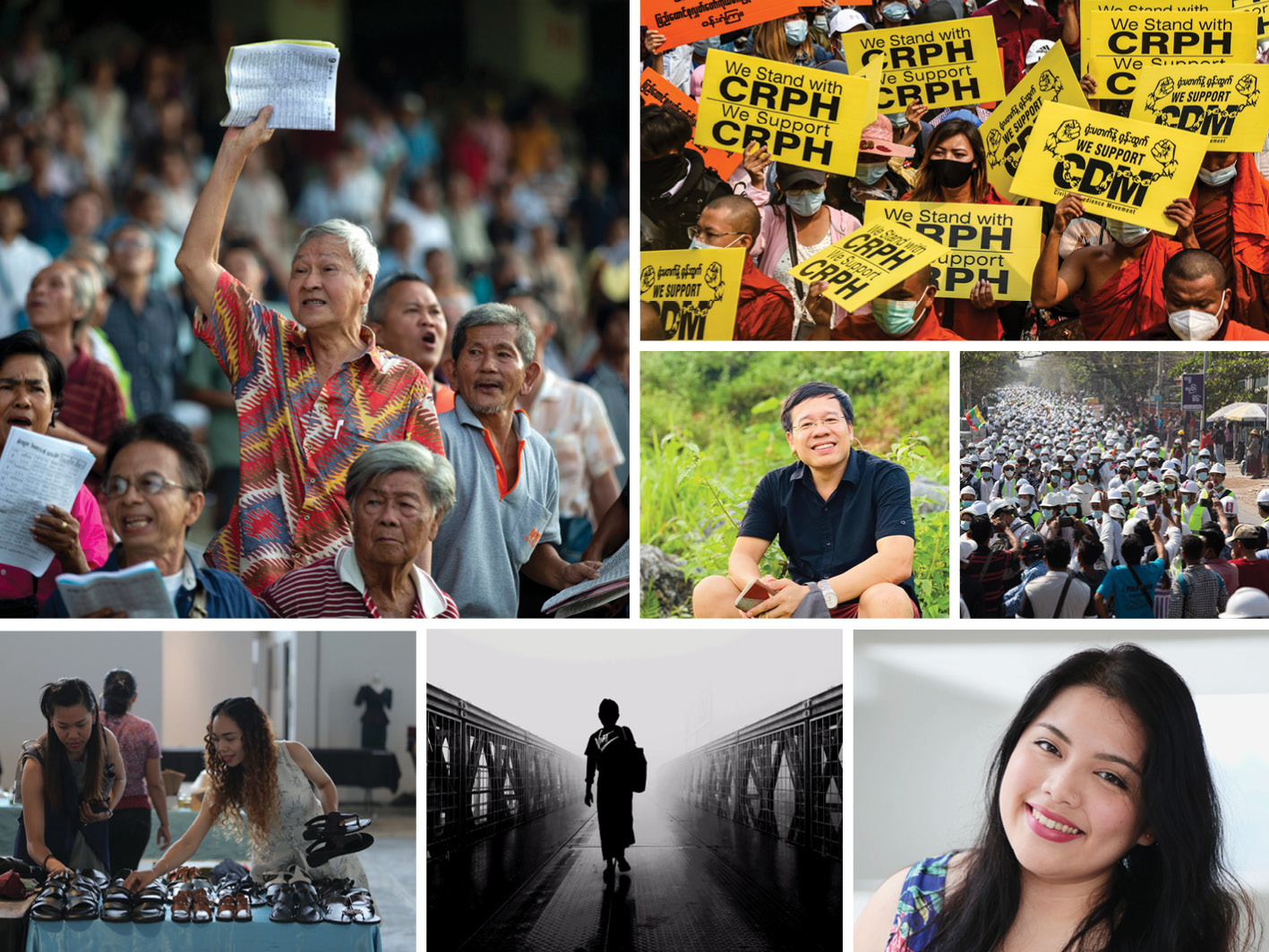Hello, and welcome back to Sightlines! We’re testing out a new format for the editorial this week, so give it a read and let us know what you think.
I’m writing from my living room this week as an escalating outbreak in Cambodia of Covid-19 has the Globe team mostly working from home. Authorities here are ramping up prevention methods across the country, including shutdowns and travel restrictions, after the country marked its first official death from Covid-19 yesterday in a 50-year-old Cambodian man who died in hospital. Just about a day earlier, Prime Minister Hun Sen announced construction of six new crematoria, a measure to get out ahead of the possibility of more Covid-related deaths.
We’d been relatively lucky here to avoid the worst of the pandemic seen elsewhere. Now we’re all hoping our luck hasn’t run out.
As health officials in Cambodia race to vaccinate the public before the virus spreads, some just over the border in Thailand are eyeing dramatic measures to save their economy. That could include legalising one of the country’s most taboo vices: Gambling, a practice that’s almost totally illegal but in easy reach of anyone who wants it. Globe reporter Wanpen Pajai has the report on a rising movement to pull Thailand’s underground gambling scene into the limelight.
Far from the speakeasy gaming dens of Bangkok, it was another bloody week in Myanmar, where police and military personnel have maintained a relentless crackdown on anti-coup protesters. Security forces killed at least 15 people at demonstrations Thursday, according to Radio Free Asia, raising the toll of the anti-coup movement to 73 deaths so far.
In the city of Mandalay, Thet is one of thousands of frustrated people who have hit the streets for more than a month now. The frustrated but determined Thet spoke throughout the day with Globe contributor Ryan Anderson to produce this portrait of a day in the life of the swelling protest movement.
Meanwhile, a new organisation in Myanmar is now claiming to represent the post-coup legitimate government. That would be the Committee Representing the Pyidaungsu Hluttaw (CRPH), a growing band of parliamentarians and other figures from the ousted civilian government clamouring for official recognition. It’s a risky move against the junta, but advocates say it’s the only way forward. Globe reporter Allegra Mendelson went deep on the would-be government to learn more.
Grassroots efforts are driving the anti-coup movement in Myanmar, but they’re also bringing about a very different kind of change in Malaysia. There, for International Women’s Day, Globe contributor Helen Jambunathan caught up with sex-positive influencer Jasmine King to learn how comprehensive sex education is pushing through conservative norms and old beliefs about sex and gender.
Also for International Women’s Day, we ran a thought-provoking editorial from Cambodia on the outdated ways that international developers look at investments in women — as charity, not necessarily as a business decision or means of economic growth. Celia Boyd, managing director and co-founder of SHE Investments, a Cambodian incubator for female entrepreneurs, points out the potential economic benefits are huge if society can pull down patriarchal barriers to meaningful investment.
Finally, and last but certainly not least, we round out our weekly features with a profile from Globe reporter Ashley Lampard in Vietnam on Do Doan Hoang, one of the country’s most preeminent investigative journalists. Hoang has a friendly smile and an unassuming air about him. But that mild-mannered look doesn’t tell the whole story and for Hoang, who has often gone deep undercover to report on organised crime, to act casual is to live to write another day.
That’s it for the week! Join us next week for another run of coverage from across the region. In the meantime, stay safe, stay curious and stay with Southeast Asia Globe!


